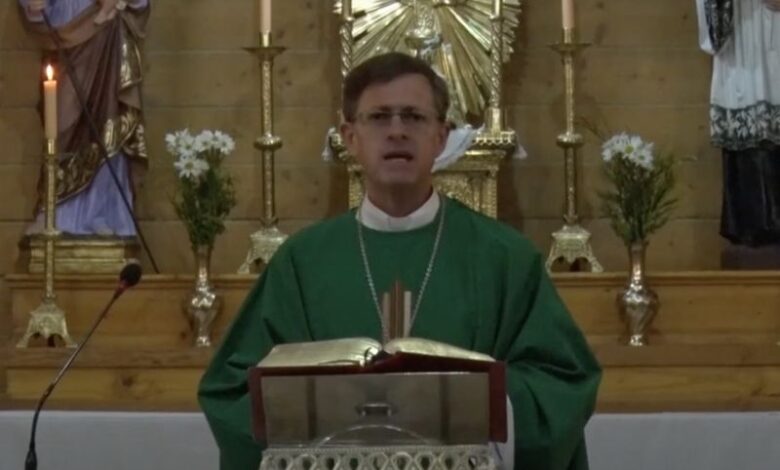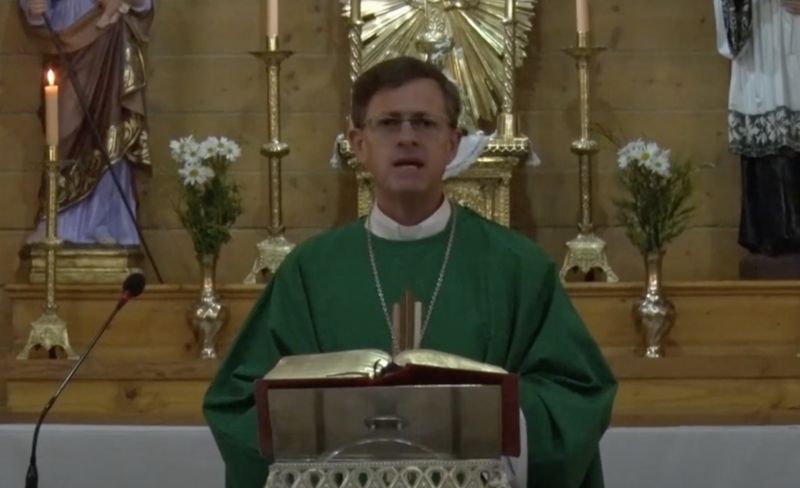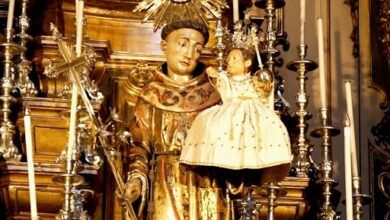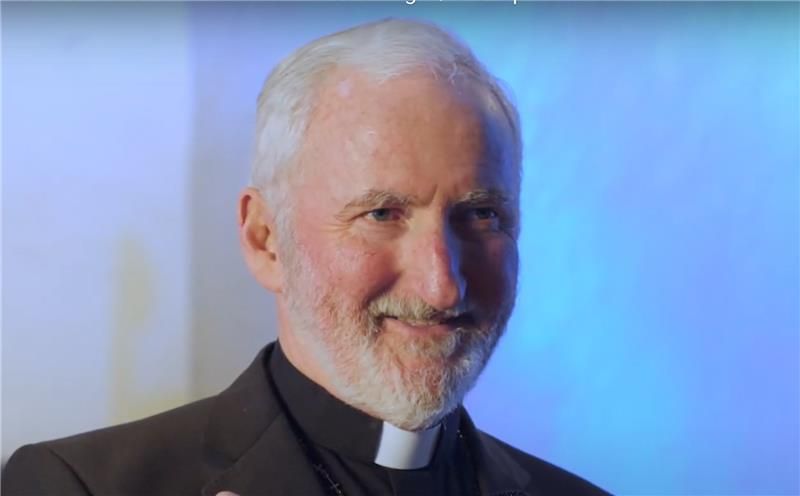Pope Francis appoints ‘bishop of the peripheries’ as successor in Buenos Aires

 Bishop Jorge Ignacio García Cuerva succeeds Cardinal Mario Poli as archbishop of Buenos Aires. / YouTube/Diócesis Río Gallegos – Argentina
Bishop Jorge Ignacio García Cuerva succeeds Cardinal Mario Poli as archbishop of Buenos Aires. / YouTube/Diócesis Río Gallegos – Argentina Vatican City, May 26, 2023 / 10:05 am (CNA).
Pope Francis on Friday accepted the resignation of Cardinal Mario Aurelio Poli as the archbishop of Buenos Aires and appointed his successor.
Poli, who turned 75 in November, has led the Metropolitan Archdiocese of Buenos Aires since April 2013. He was appointed just two weeks after the election of then-Cardinal Jorge Bergoglio to the papacy.
Diocesan bishops are required to submit a letter of resignation to the pope on their 75th birthday.
Poli’s successor will be 55-year-old Bishop Jorge Ignacio García Cuerva of Río Gallegos, a diocese in Santa Cruz Province in the southern part of Argentina.
García Cuerva, who has led the Diocese of Río Gallegos since the beginning of 2019, has a reputation for being a “bishop of the peripheries,” largely for his time spent serving in Argentina’s prisons and poorest neighborhoods.
As a priest, García Cuerva was a prison chaplain in the province of Buenos Aires and both the diocesan and regional delegates for prison ministry. He has also written about the conditions in prisons in Argentina and the problem of overcrowding.
He was also a member of the Argentinian bishops’ commission on drug dependence and vice president of the charity Cáritas San Isidro.
García Cuerva has a civil law degree and a licentiate in canon law.
In 2021, Pope Francis named García Cuerva a member of the Vatican’s Dicastery for Bishops. “I want to contribute to the model of bishop that Francis asks of us: a poor bishop for the poor,” he told the Argentine Catholic Information Agency at the time.
The archbishop-elect was born in Río Gallegos but has lived in several cities in Argentina.
He was ordained a priest for the Diocese of San Isidro in 1997. Just over 20 years later, in 2017, he was named an auxiliary bishop of Lomas de Zamora.
The appointment of a priest from the slums to be an auxiliary bishop was considered unprecedented at the time.
Media reports said García Cuerva was inspired by the legacy of Father Carlos Mugica, an Argentine “slum priest” and member of the Movement of Priests for the Third World, who was assassinated by the Argentine Anticommunist Alliance in 1974.




